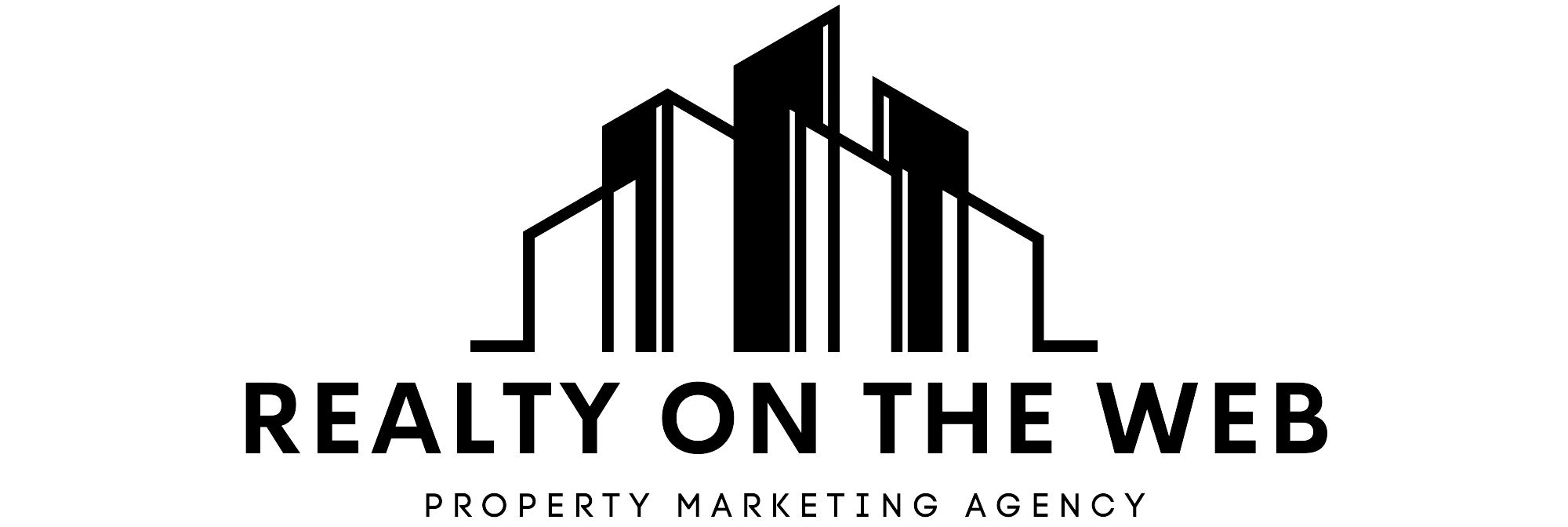A Guide to Buying Property in Dubai: What You Need to Know
Dubai has rapidly established itself as one of the most attractive cities for real estate investment. Known for its impressive skyline, luxury lifestyle, and business-friendly environment, it draws investors from all around the world. Whether you’re looking for a luxury apartment in the heart of the city or a villa by the beach, Dubai offers a range of property types suitable for various budgets. However, buying property in Dubai involves a distinct set of legal and financial considerations. Here’s everything you need to know.
1. Understanding the Dubai Real Estate Market
Dubai’s property market is diverse, offering everything from high-rise apartments to sprawling villas. Key areas for real estate investments include:
- Downtown Dubai: Home to the Burj Khalifa, this is one of the city’s most iconic and expensive neighborhoods.
- Palm Jumeirah: A man-made island known for its luxury villas and resorts, ideal for high-net-worth individuals.
- Dubai Marina: A popular waterfront district known for its modern apartments with stunning views of the Arabian Gulf.
- Business Bay: A commercial hub, offering both residential and commercial properties, perfect for those seeking proximity to Dubai’s business district.
Dubai’s real estate market is characterized by a blend of opulent developments, with many projects being continuously planned and built, creating investment opportunities.
2. Legal Framework for Foreign Investors
In Dubai, foreigners are allowed to buy property in designated areas known as freehold zones. These zones are primarily in key developments that are meant to attract international buyers. Notable freehold areas include:
- Downtown Dubai
- Dubai Marina
- Palm Jumeirah
- Jumeirah Lake Towers (JLT)
- Dubai Sports City
When buying property as a foreigner, you’ll need to keep a few key legal points in mind:
- Residency: Buyers who invest in property worth over AED 1 million are eligible for a temporary residency visa. This visa allows you to live in the UAE, but it’s typically renewable.
- Ownership rights: While foreign investors can buy property in freehold zones, they cannot own land outside these areas.
- Property title: The Dubai Land Department (DLD) oversees property transactions, ensuring that ownership is properly transferred and titles are secure.
3. The Process of Buying Property
The process of buying property in Dubai is relatively straightforward, but it’s important to understand the steps involved:
- Step 1: Identify a Property: Once you’ve chosen your preferred location and property type, you should get in touch with a licensed real estate agent or developer. Many real estate firms offer assistance with property searches, viewing appointments, and market insights.
- Step 2: Due Diligence: Before committing to a purchase, ensure the property is clear of any legal issues, including checking its title, outstanding debts, and builder’s reputation. It’s also advisable to review the developer’s payment terms and construction progress if the property is still being built.
- Step 3: Making an Offer: Once you’ve found the right property, you can make an offer. If the offer is accepted, a preliminary contract (the Memorandum of Understanding or MoU) will be drawn up between the buyer and seller.
- Step 4: Initial Deposit and Transfer of Ownership: After signing the MoU, an initial deposit is paid, usually 10% of the property’s value. The next step involves registering the sale with the DLD. The remaining amount is typically paid at the time of transfer.
- Step 5: Finalizing the Transaction: On the completion day, the full payment is made, and the title deed is transferred to the buyer’s name.
4. Financing and Mortgages
While buying property in Dubai is a popular investment choice, securing financing can vary based on factors like your residency status and nationality. The general guidelines are:
- Mortgages for Expats: Expats and foreigners can secure a mortgage for up to 75% of the property’s value if they are non-residents. If you’re a UAE resident, you may be eligible for higher loan amounts.
- Interest Rates: Interest rates in Dubai are competitive compared to other international markets, though they may fluctuate depending on your lender. Fixed-rate and variable-rate options are available.
- Down Payment: Typically, a down payment of around 20-25% of the property’s value is required.
5. Costs and Fees Involved
When buying property in Dubai, there are several costs and fees to consider:
- Dubai Land Department Fees: These are typically 4% of the property’s value.
- Registration Fees: Around AED 580 for registration with the DLD.
- Real Estate Agent’s Commission: This usually ranges between 2% to 5% of the purchase price.
- Notary Fees: Notary charges for the legal documents involved in the transaction can also add to the total cost.
6. Rental Yields and Investment Potential
Dubai is known for offering attractive rental yields compared to other global cities. On average, rental returns in Dubai can range between 6-8% annually, depending on the area and property type. Popular rental areas such as Dubai Marina, Downtown Dubai, and Jumeirah Village Circle offer strong returns.
Dubai’s growing population, along with its status as a global business hub, continues to drive the demand for rental properties. Additionally, the city’s robust tourism industry makes short-term rental investments, particularly in areas near landmarks, highly profitable.
7. Property Maintenance and Management
Once you own a property in Dubai, you’ll need to consider ongoing maintenance and property management, especially if you’re renting it out. Many developers and property agencies offer full management services, including finding tenants, handling rent collection, and maintaining the property.
For those investing in luxury villas or high-end apartments, it’s also important to budget for regular maintenance fees, which can vary depending on the property and facilities. Many properties in Dubai come with communal amenities like gyms, pools, and security, which may also incur monthly service charges.
8. Recent Trends and Future Outlook
Dubai’s real estate market is continually evolving, with demand for both residential and commercial properties expected to grow, driven by population growth, business expansion, and tourism. The government’s pro-business policies, including the introduction of the Dubai Golden Visa, have further encouraged foreign investments.
Additionally, with developments like Expo City Dubai and the Dubai Creek Tower in the pipeline, the city’s real estate sector is set to remain a prominent investment avenue.
Conclusion
Investing in property in Dubai offers exciting opportunities, especially for international buyers seeking a stable and lucrative market. Understanding the legal requirements, financing options, and market trends is crucial to making informed decisions. Whether you’re buying a home to live in or looking for an investment property, Dubai’s real estate market remains one of the most dynamic and promising in the world.

